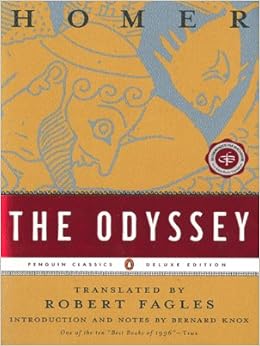First of all, I would like to comment on a book that I recently started called 1984 by George Orwell. Immediately, I was fascinated by the immediate representation of the totalitarian government by Stalin. Within the first couple of pages you can read "On each landing, opposite the lift shaft, the poster with the enormous face gazed from the wall. It was one of those pictures which are so contrived that the eyes follow you about when you move. BIG BROTHER IS WATCHING YOU, the caption beneath it ran." (Orwell 2)
Clearly established in the scene is the fact that each part of the government has strict privacy intrusion by the state, also in the case of Winston. The part that strikes me on the quote is the caption, and a symbol for the total government observation of each and every citizen.
This year, I really enjoyed blogging about all the books we read and observe other people's new books and be able to use this to find new books that suit each person. I really enjoyed this semester with these blog posts and look forward to them again!

